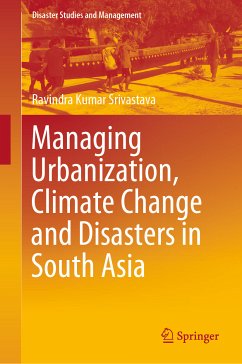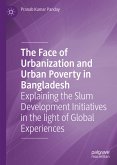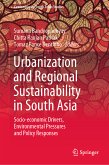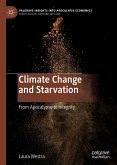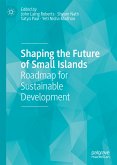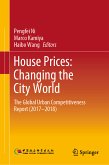This book offers essential insights into potential catastrophic events that might befall upon the emerging urban landscape in South Asia, and which are due to hazards, risks and vulnerabilities inherent in the region's geophysical location, as well as due to climate change and unplanned urbanization. It highlights major physio-graphic, demographic, geological and geophysical indicators that are responsible for changing the pattern and trend of urbanization in South Asia - a crucial issue in view of emerging threats of climate change, and changes in the demographic profile. The book addresses the disaster management scenario in South Asia, manifestations of climate change in the region and various urban setups under climate-change-induced risks. Further, it elaborates on the challenges of urbanization-based neo-risks and vulnerabilities, which manifest in the form of slum area growth, piling and littering of waste and filth, new health risks, groundwater contamination, air pollution,highly energy-dependent lifestyles, poverty, socio-economic tensions, etc. It also critically examines the institutional mechanisms for disaster risk reduction (DRR), climate change adaptation (CCA) and urban governance, and suggests appropriate changes in the governing structure to mitigate these risks.
The book draws the attention of urban planners and policymakers to current shortcomings in the administrative and financial structures of local urban bodies. While outlining climate-associated risks and adaptation strategies in South Asia, it also suggests measures for integrating climate change and urban adaption with state's planning processes, and puts forward a risk alleviation platform to bring the risk managers working in different fields together, so that they make concerted efforts to achieve sustainable development. It offers valuable takeaways for researchers, urban planners, those working in industry, consultants, and policymakers.
Dieser Download kann aus rechtlichen Gründen nur mit Rechnungsadresse in A, B, BG, CY, CZ, D, DK, EW, E, FIN, F, GR, HR, H, IRL, I, LT, L, LR, M, NL, PL, P, R, S, SLO, SK ausgeliefert werden.

